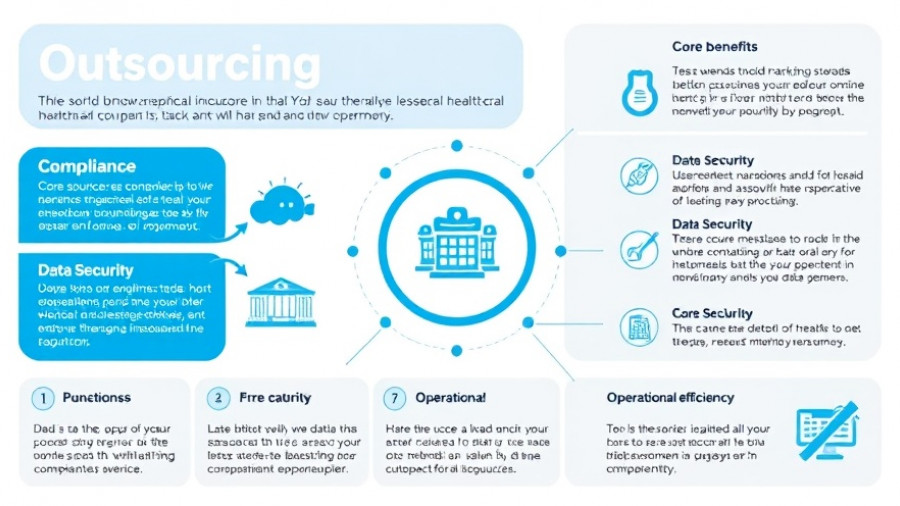
The Role of a Technical Support Analyst in Today's Business Landscape
Beyond the technical specifications, a Technical Support Analyst serves as a bridge between technology and users, helping to ensure seamless operations in organizations that rely heavily on technology. This role not only incorporates troubleshooting software and hardware issues but also involves advising personnel on system functionalities and enhancements. Furthermore, pandemic-driven shifts towards remote work have made this role increasingly vital in managing various digital infrastructures and platforms.
Essential Skills and Qualifications for Success
To excel as a Technical Support Analyst, individuals should have a solid foundation in IT principles, coupled with robust problem-solving skills. Knowledge of operating systems, network configurations, and software applications is crucial. Moreover, soft skills like effective communication and patience are paramount. Technical support often entails explaining complex systems to non-technical users, making these interpersonal skills just as important as technical acumen.
A Day in the Life of a Technical Support Analyst
Imagine starting your day with a myriad of support tickets in your inbox. Prioritization is key, as issues range from simple password resets to intricate network disruptions. Analysts engage with customers via calls, emails, or remote sessions, applying their expertise to diagnose problems efficiently. They not only resolve existing issues but also contribute valuable insights to improve system performance and user satisfaction.
The Growing Importance of Technical Support Analysis
As industries become more digitalized, the demand for technical support analysts skyrockets. Organizations are leveraging technology to optimize business processes, and with this surge comes the necessity for effective support structures. Analyses performed by these professionals not only resolve immediate technology concerns but also influence long-term strategic decisions on software and infrastructure utilization.
Industry Trends Affecting the Technical Support Landscape
Recent trends within the industry indicate a shift towards automation and Artificial Intelligence (AI) in technical support. While these technologies enhance efficiency, they also highlight the indispensable need for human expertise in navigating complex issues. Support analysts will increasingly focus on overseeing these systems and addressing issues that automated responses cannot resolve, blending AI proficiency with traditional problem-solving skills.
Opportunities for Career Growth and Development
For those looking to advance as Technical Support Analysts, the pathway can lead to higher roles such as System Administrators or IT Managers. Continuous education through certifications or advanced degrees can greatly enhance career prospects, as can gaining proficiency in customer relationship management (CRM) software and incident management systems.
Closing Thoughts
As organizations evolve in a technology-driven world, the role of a Technical Support Analyst remains critical. Their ability to troubleshoot, guide, and improve technological systems not only aids immediate problem-solving but supports broader business goals, underscoring their invaluable position within the workforce.
 Add Row
Add Row  Add
Add 




Write A Comment